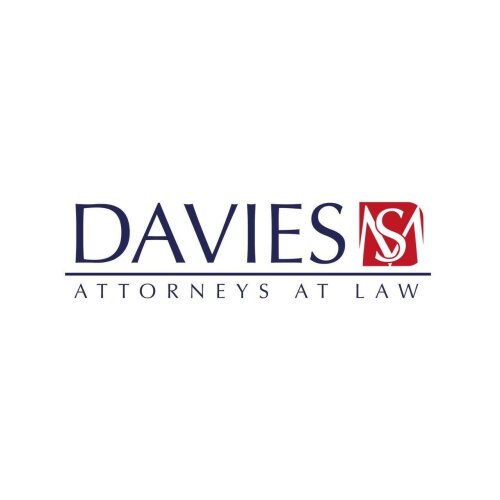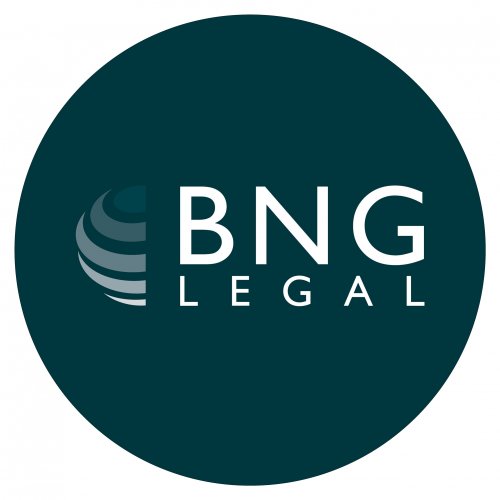Best Real Estate Lawyers in Phnom Penh
Share your needs with us, get contacted by law firms.
Free. Takes 2 min.
Free Guide to Hiring a Real Estate Lawyer
List of the best lawyers in Phnom Penh, Cambodia
About Real Estate Law in Phnom Penh, Cambodia
The real estate market in Phnom Penh, Cambodia, is complex and fast-growing, but also subject to a unique set of rules and regulations. Here, foreigner property ownership rights are limited, but making investments through contractual arrangements or local entities is possible. This complexity, combined with the city's rapid urban development, makes understanding real estate law in Phnom Penh critical for any potential investor or property owner.
Why You May Need a Lawyer
Legal advice is crucial in a variety of real estate scenarios. For instance, foreign investors may need guidance in navigating Cambodia's Land Law and business stipulations as they purchase property. Similarly, parties involved in leasehold agreements, as well as real estate development or construction agreements, benefit significantly from comprehensive understanding of local laws and business culture. Disputes in regards to boundaries, tenancy rights and land titles also require legal expertise to ensure a fair resolution.
Local Laws Overview
The Land Law of 2001 is the primary law governing all land rights and property transactions in Cambodia, including Phnom Penh. This law stipulates that only Cambodian citizens or legal entities with more than 51% Cambodian shareholding can own land. However, foreigners can have ownership rights over buildings or property built on the land (strata titles), and are able to secure long-term leases. Additionally, laws governing rent control, tenancy agreements, and investment incentives are key aspects of Phnom Penh's real estate legislation.
Frequently Asked Questions
Can foreigners own property in Phnom Penh?
Foreigners cannot own land outright but can own property above the ground floor in a private building, which does not include land (strata titles). They can also obtain long-term leaseholds of up to 50 years.
What is the process for purchasing property in Phnom Penh?
Typically, the process involves selecting a property and making an initial deposit, followed by conducting a title search and occupation check. If the results are satisfactory, a sales contract is drawn up, reviewed and signed by both parties. Final payments are made, and transfer of the title deed is executed.
What are the risks of investing in real estate in Phnom Penh?
Risks include changes in regulations governing foreign ownership, market volatility, potentially unclear property titles, and property disputes. These risks highlight the importance of obtaining sound legal advice.
Are there taxes on real estate transactions?
Yes, in Cambodia, several types of taxes are applicable to real estate transactions, including transfer tax, property tax, and rental income tax. The rates can vary depending on the property type and value, and the owner's tax status.
Can foreigners enter leasehold agreements in Phnom Penh?
Yes, foreigners can sign leasehold agreements with terms up to 50 years, which can be extended. However, it is recommended to have such contracts reviewed by a legal professional to ensure they are in line with regulations and protect the lessee's interests.
Additional Resources
The Ministry of Land Management, Urban Planning and Construction is the primary governmental body related to real estate, overseeing all property transactions and disputes. Additionally, real estate agencies and legal firms specializing in Cambodia's property market can provide valuable assistance.
Next Steps
If you need legal assistance in real estate dealings in Phnom Penh, consider hiring a legal firm specializing in Cambodian property law. They will give you a comprehensive understanding of the legal landscape, safeguard your rights, and guide you through every step of the process. Remember to do your homework, ask plenty of questions, and ensure you understand your rights and obligations before you sign anything.
Lawzana helps you find the best lawyers and law firms in Phnom Penh through a curated and pre-screened list of qualified legal professionals. Our platform offers rankings and detailed profiles of attorneys and law firms, allowing you to compare based on practice areas, including Real Estate, experience, and client feedback.
Each profile includes a description of the firm's areas of practice, client reviews, team members and partners, year of establishment, spoken languages, office locations, contact information, social media presence, and any published articles or resources. Most firms on our platform speak English and are experienced in both local and international legal matters.
Get a quote from top-rated law firms in Phnom Penh, Cambodia — quickly, securely, and without unnecessary hassle.
Disclaimer:
The information provided on this page is for general informational purposes only and does not constitute legal advice. While we strive to ensure the accuracy and relevance of the content, legal information may change over time, and interpretations of the law can vary. You should always consult with a qualified legal professional for advice specific to your situation.
We disclaim all liability for actions taken or not taken based on the content of this page. If you believe any information is incorrect or outdated, please contact us, and we will review and update it where appropriate.
Browse real estate law firms by service in Phnom Penh, Cambodia
Phnom Penh, Cambodia Attorneys in related practice areas.












